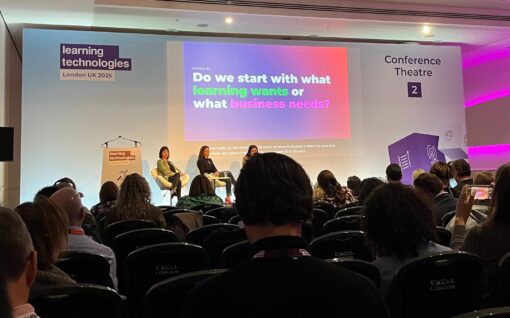Focus on authoritative, trusted content in the face of declining engagement

There’s a line in the ‘Content Trends Report 2018’ that makes for sobering reading for anyone involved in content marketing. It’s this: “If you’re sticking with your content approach from three years ago, it’s now 50% less effective”.
Content engagement has taken a big hit, according to Brandwatch company Buzzsumo’s report. This latest content trends report found that content engagement – such as shares, likes and comments on social networks – has halved since 2015. In 2017, 50% of all content received just four shares or less across all the main social networks. These figures are based on Buzzsumo’s analysis of 100 million articles published in 2017.
What has happened? What is causing this decline in content engagement? Writing in the foreword to the report, Mark Schaefer, consultant, educator and author of The Content Code, says it’s largely because of something he calls ‘Content Shock’. A term Schaefer first used in 2014, it refers to the fact that so many organisations and sectors are now awash with information, to the extent that content marketing is no longer a financially viable option for some of them. Schaefer thinks content saturation has been rapidly building for some time and is now a reality for many.
As a result, social referral traffic declined in 2017 and was once again overtaken by traffic from Google sites. Google sites now drive twice as many referrals to publishers.
The report claims that the average sharing of content on social networks has declined for three key reasons: increased competition, Facebook changes and a rise in private sharing.
Facebook algorithm changes have had a significant impact on levels of engagement and the types of content that is shared. This means that brands and publishers have suffered a decline in organic referral traffic from Facebook and less engagement with their Facebook posts. There has been a noticeable decline in viral posts that gain big shares and clickbait headlines and listicles are much less effective at generating social engagement than previously.
Despite the amount of content already out there, more and more content is being produced all the time. Buzzsumo says that in this situation of content saturation and declining social shares, the sites that come out on top and are being noticed are those that have built a good reputation for providing original, authoritative content. Most content receives no backlinks. Authoritative research and reference content are receiving links, however.
One area that is enjoying a growth in content sharing is LinkedIn. Many publishers are witnessing steady increases in content engagement on LinkedIn although, as Buzzsumo points out, these increases need to be viewed in context, as numbers were relatively small originally.
Here is the report in slide deck form . . .
- This article first appeared on our sister site Itsdevelopmental Ltd.

